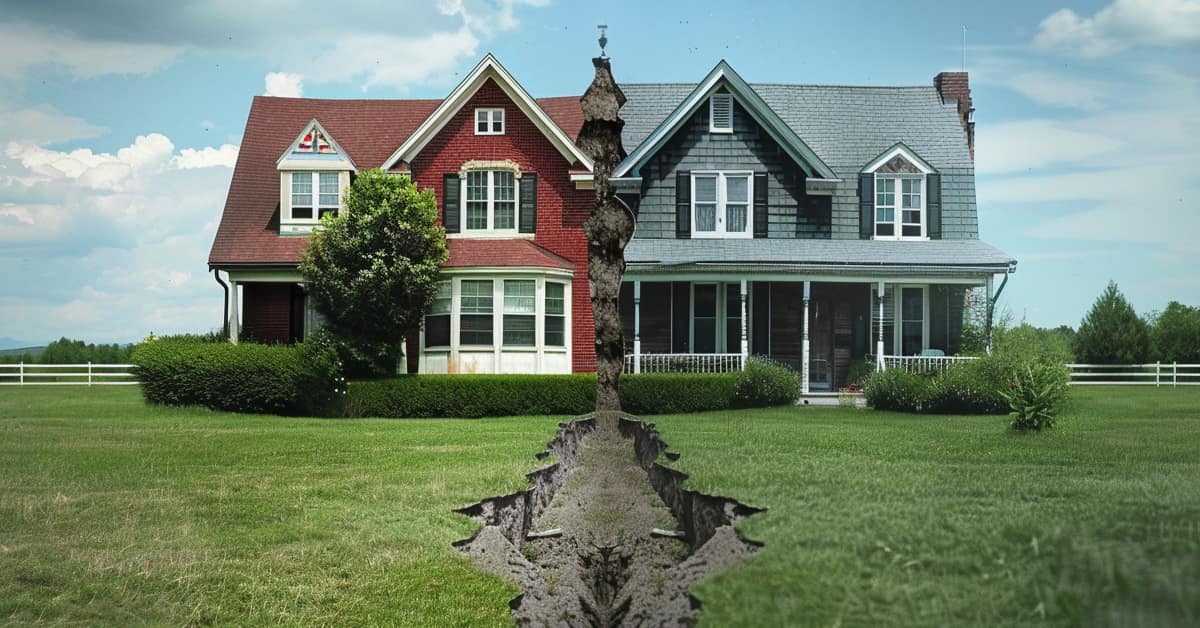Guide to Dividing Assets and Property in a NJ Divorce
Dividing assets and property in a New Jersey divorce can be a complex and sometimes contentious process. The equitable distribution of marital assets and liabilities is a critical aspect of divorce proceedings in the state.
Here’s a comprehensive look at how assets and property are typically divided in a New Jersey divorce.
Marital Property vs. Separate Property
In New Jersey, a distinct line separates marital and separate property. The marital property encompasses assets and debts amassed during the marriage, irrespective of individual ownership. This encompasses earnings, properties, investments, retirement funds, and any other acquisitions made throughout the marital union.
Conversely, separate property encompasses possessions owned by either spouse before the marriage or obtained via inheritance or gift during the marriage.
Equitable Distribution
In New Jersey, equitable distribution governs the division of marital assets and debts, aiming for fairness rather than strict equality between spouses. When deciding on equitable distribution, the court considers various factors, such as:
- Duration of the marriage.
- Age, health, income, and employment capabilities of each spouse.
- Lifestyle maintained throughout the marriage.
- Income and earning potential of each spouse.
- Contributions of each spouse to marital property acquisition, preservation, or appreciation.
- Tax consequences of the proposed distribution.
- The need for either spouse to acquire or retain specific assets, such as the marital home or a business.
- Any written agreements made by the spouses before or during the marriage.
The court’s goal is to arrive at a fair and reasonable distribution, considering the circumstances of the case.
Marital Home

The marital home is often one of the most significant assets in a divorce. Sometimes, one spouse may want to keep the house, especially if children are involved. The court may award the home to one spouse and offset the home’s value by awarding other assets or requiring the receiving spouse to “buy out” the other spouse’s share.
Retirement Accounts and Pensions
Retirement accounts like 401(k)s, IRAs, and pensions fall under marital property and are subject to equitable distribution. The court may issue a Qualified Domestic Relations Order (QDRO) to divide these assets between spouses. This document provides instructions to the plan administrator on how to split the retirement benefits accordingly.
Businesses and Professional Practices
If one or both spouses own a business or professional practice, the value of that asset must be determined and included in the equitable distribution. This can involve complex valuations and negotiations, especially for businesses with significant assets, goodwill, or future earning potential.
Debt Division
In addition to dividing assets, the court is also tasked with equitably distributing marital debts in New Jersey. These debts may include mortgages, car loans, credit card balances, and other liabilities accrued throughout the marriage. The court considers factors like each spouse’s income, assets, and capacity to repay when assigning these debts.
Alternative Dispute Resolution
Numerous couples opt for alternative dispute resolution methods, like mediation or collaborative divorce, to settle asset and property division matters. These processes can be less adversarial and costly than traditional litigation, and they allow the parties to have more control over the outcome.
Prenuptial and Postnuptial Agreements
If the couple has a valid postnuptial or prenuptial agreement, the terms of that agreement may dictate how certain assets and liabilities are divided. However, the court retains the authority to review these agreements and ensure they are fair and enforceable.
Factors Affecting Property Division
Several factors can impact how assets and property are divided in a New Jersey divorce, including:
- Length of the marriage: Longer marriages typically lead to a more balanced distribution of marital assets, whereas shorter marriages may favor the spouse who initially brought more assets into the union.
- Contribution to the acquisition or preservation of assets: If one spouse made significant financial or non-financial contributions to acquiring or maintaining certain assets, the court may award them a larger share of those assets.
- Fault grounds for divorce: While New Jersey is a no-fault divorce state, instances of extreme misconduct, such as domestic violence or dissipation of marital assets, can influence the court’s distribution decision.
- Tax implications: The court may consider the tax consequences of transferring certain assets, such as retirement accounts or investment properties, when determining equitable distribution.
- Future needs and financial circumstances: When dividing the marital estate, the court will evaluate each spouse’s future financial needs, earning potential, and ability to acquire future assets.
Hiring Professionals
In complex or high-net-worth divorces, hiring professionals to assist with asset and property division is often necessary. These professionals may include:
- Certified divorce financial analysts
- Forensic accountants
- Business valuators
- Real estate appraisers
- Pension valuators
These professionals can offer vital analysis and assessments to guarantee a just and precise division of assets.
Navigating New Jersey’s Marital Property Division
Dividing assets and property during a New Jersey divorce can be complex and emotionally charged. The court’s goal is to achieve a fair distribution, considering each case’s circumstances while upholding principles of fairness and reasonableness.
By grasping the legal framework and seeking expert advice when needed, divorcing couples can navigate this challenging aspect of the divorce process with more clarity and confidence.
Your Path to Equitable Solutions
Navigating the intricate terrain of divorce proceedings in New Jersey demands expert guidance and compassionate support. For those facing the challenging task of dividing assets and property, the family law firm of Delana & Bosch stands as a partner with proficiency and empathy.
With a specialized focus on divorce matters, our expert divorce attorneys offer solutions to ensure equitable outcomes while alleviating the emotional burden of the process. Contact Delana & Bosch today to embark on your journey toward a brighter tomorrow with confidence and peace of mind.

